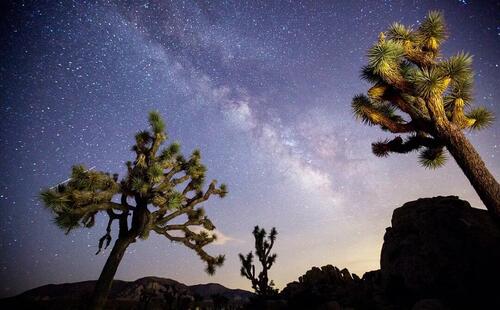Authored by Katabella Roberts via The Epoch Times (emphasis ours),
Scientists have detected something extremely rare—the second most powerful cosmic ray ever recorded—but the discovery has left them baffled as to where exactly it came from.

A team of researchers, led by Associate Professor Toshihiro Fujii from the Graduate School of Science, along with researchers from the Nambu Yoichiro Institute of Theoretical and Experimental Physics at Osaka Metropolitan University, and the University of Utah, documented their findings, which are set to be published in Science on Nov. 24.
The recently discovered particle has been nicknamed the “Amaterasu” particle, after the sun goddess that, according to Shinto beliefs, was instrumental in the creation of Japan.
It was discovered by a cosmic ray observatory in Utah’s West Desert known as the Telescope Array, which is comprised of more than 500 “surface detector stations” spread out across 270 square miles.





